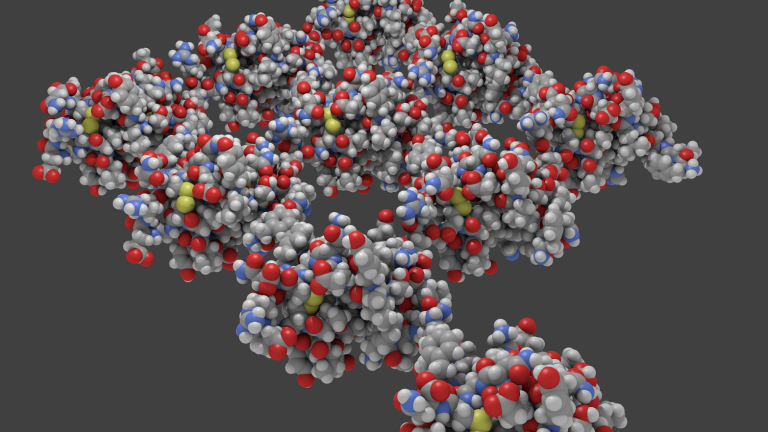
For many diabetics, access to insulin can mean the difference between life and death. However, this vital product is often exorbitantly expensive, particularly for those living in low- and middle-income countries. As a result, many needlessly suffer and die from a manageable disease. One study estimates that the global prevalence of diabetes will rise from 171 million in 2000 to 366 million by 2030—4.4% of the world’s population. While not all diabetics are insulin-dependent, this will mark a vastly larger population of patients in need of the drug.
Unlike most traditional drugs, which are small molecules and relatively easy to copy, insulin is a large molecule (also known as a biologic) which is more difficult and expensive to replicate. For this reason, and others, global insulin production has been largely confined to a small handful of manufacturers who price the product out of reach of many of the world’s poor.
A recent article highlighted another possibility – that with the right equipment and recipe, insulin might be created at home or small laboratory. Ryan Bethencourt, the entrepreneur leading the effort, is part of the “biohacking” movement. This movement ranges from the practical (e.g. OpenPCR, a low-cost thermocycler for DNA replication and sequencing) to the more bizarre (e.g. Grinders, a community of biohackers who use technology to alter their bodies, often by implanting devices meant to enhance senses or abilities).
Bethencourt and colleagues are attempting is attempting to figure out the equipment and recipe that would allow individuals to “brew [insulin] like beer.” The project is in the early stages and there are a host of logistical challenges to overcome, given the complexity of replicating large molecules.
The project also raises a host of legal and ethical questions. For instance, what liability will Bethencourt’s team have if a patient inadvertently makes and injects toxic insulin? How can the project overcome most countries’ strict drug regulatory regimes, particularly if the home-brewed insulin is given or sold to another person? And, more fundamentally, should governments allow people to make and give away or sell insulin when the only other choice is no treatment at all?
Regardless of the success of homemade insulin, biohacking is likely to test the limits of legal systems around the world. Systems that are able to adapt to take advantage of the enormous benefits promised by biohacking, while protecting against its dangers, are likely to be healthier and more equitable for it.



